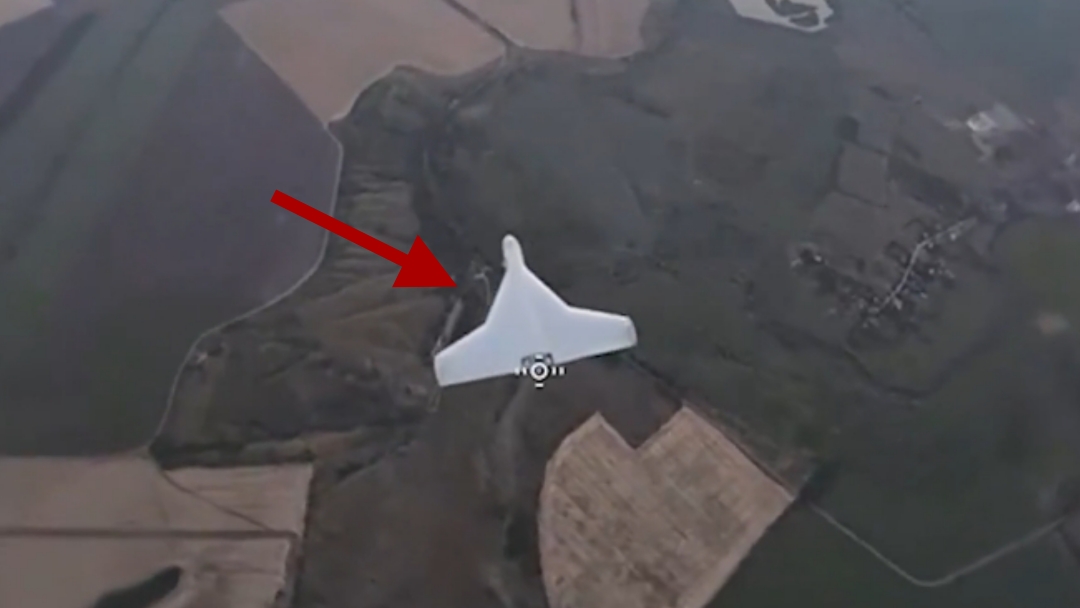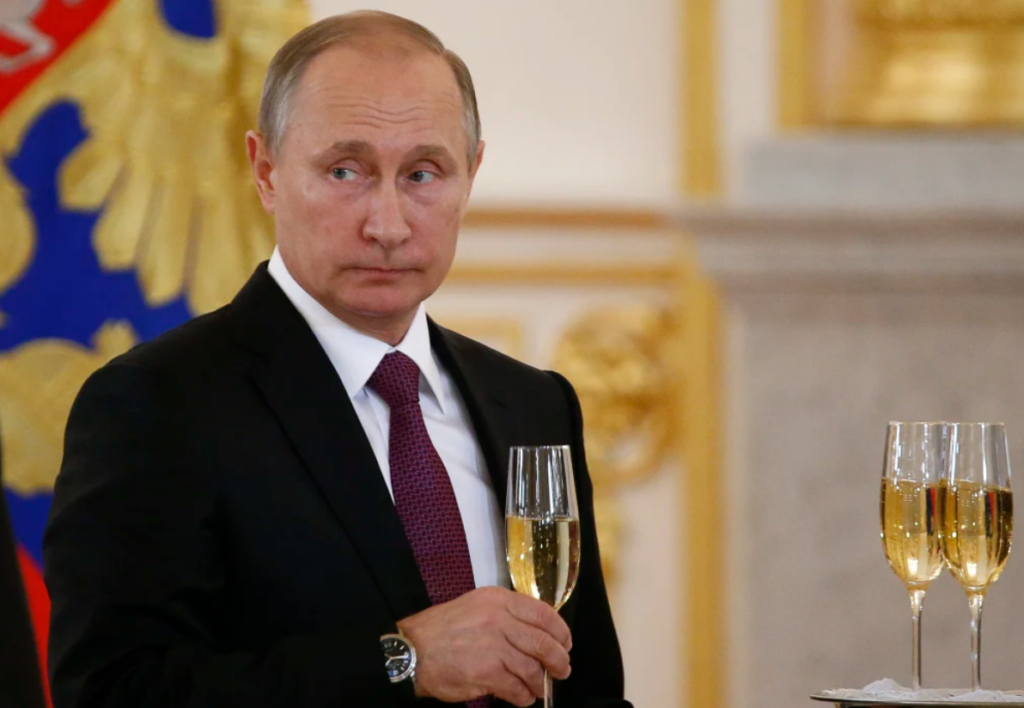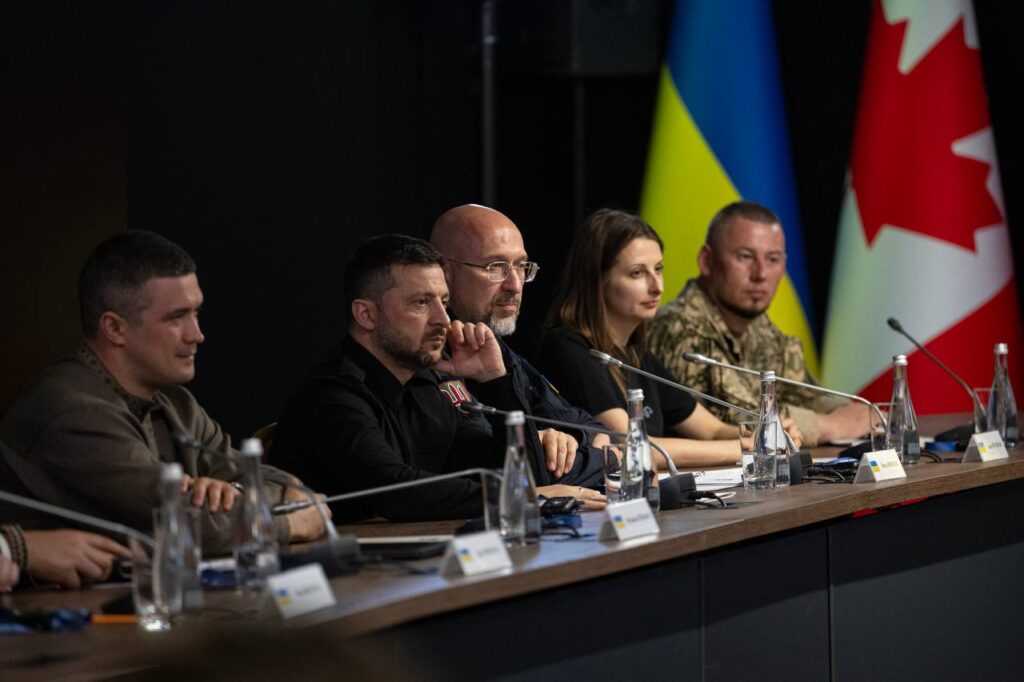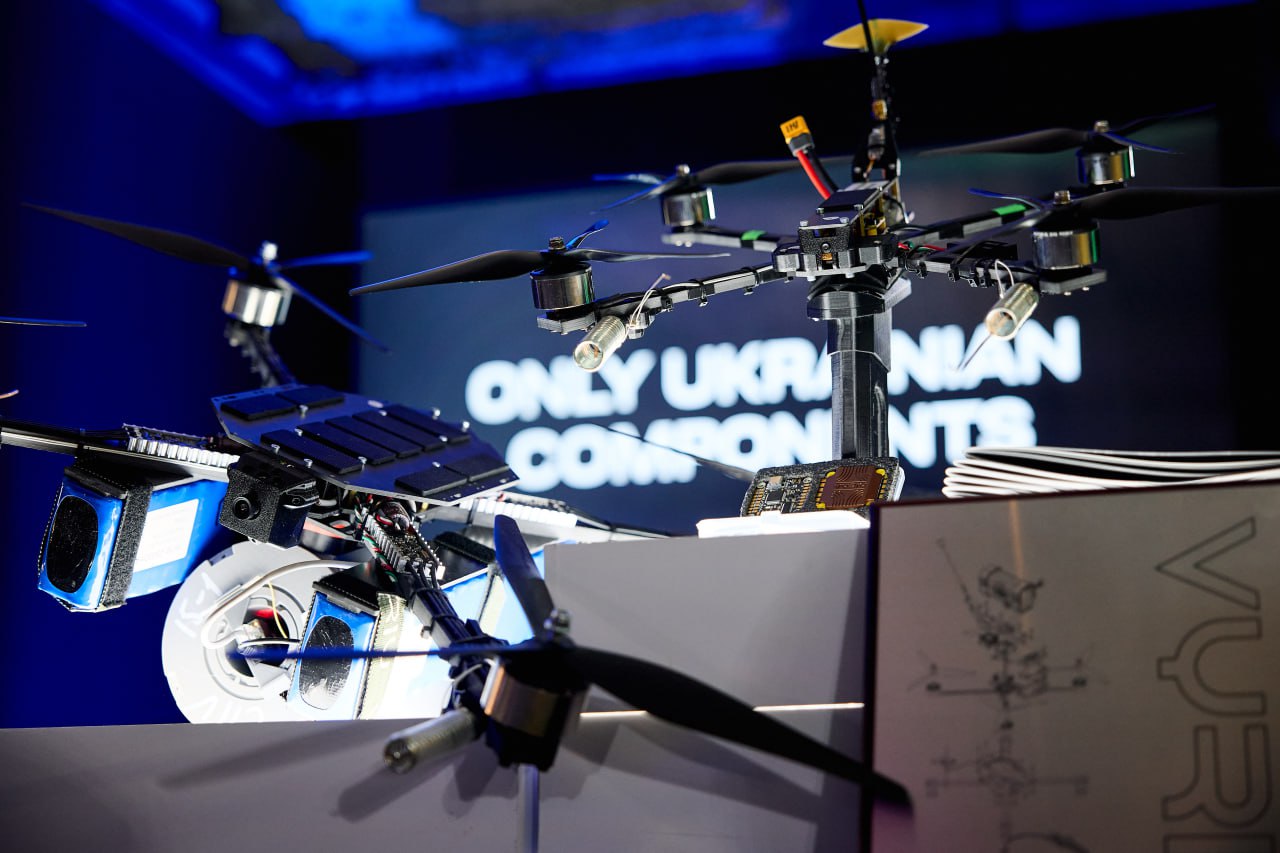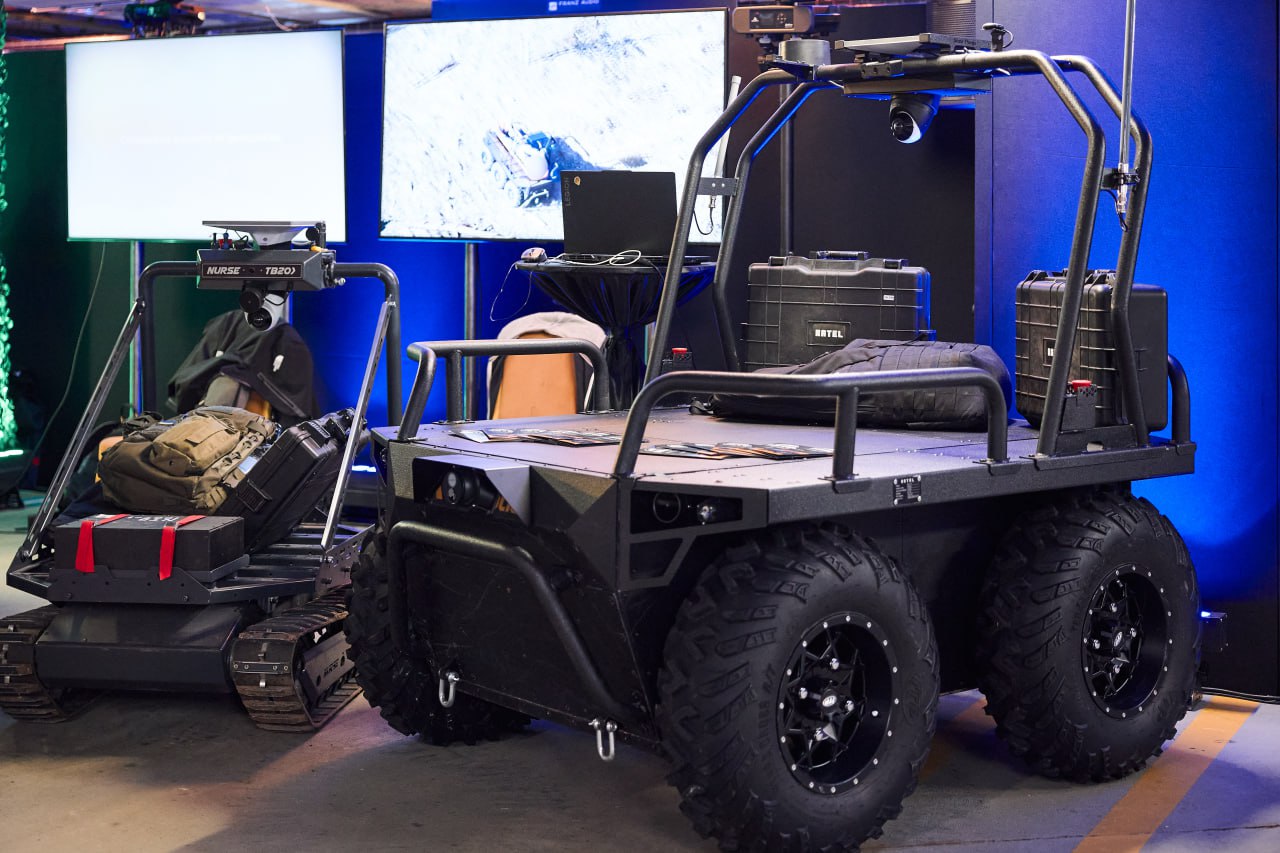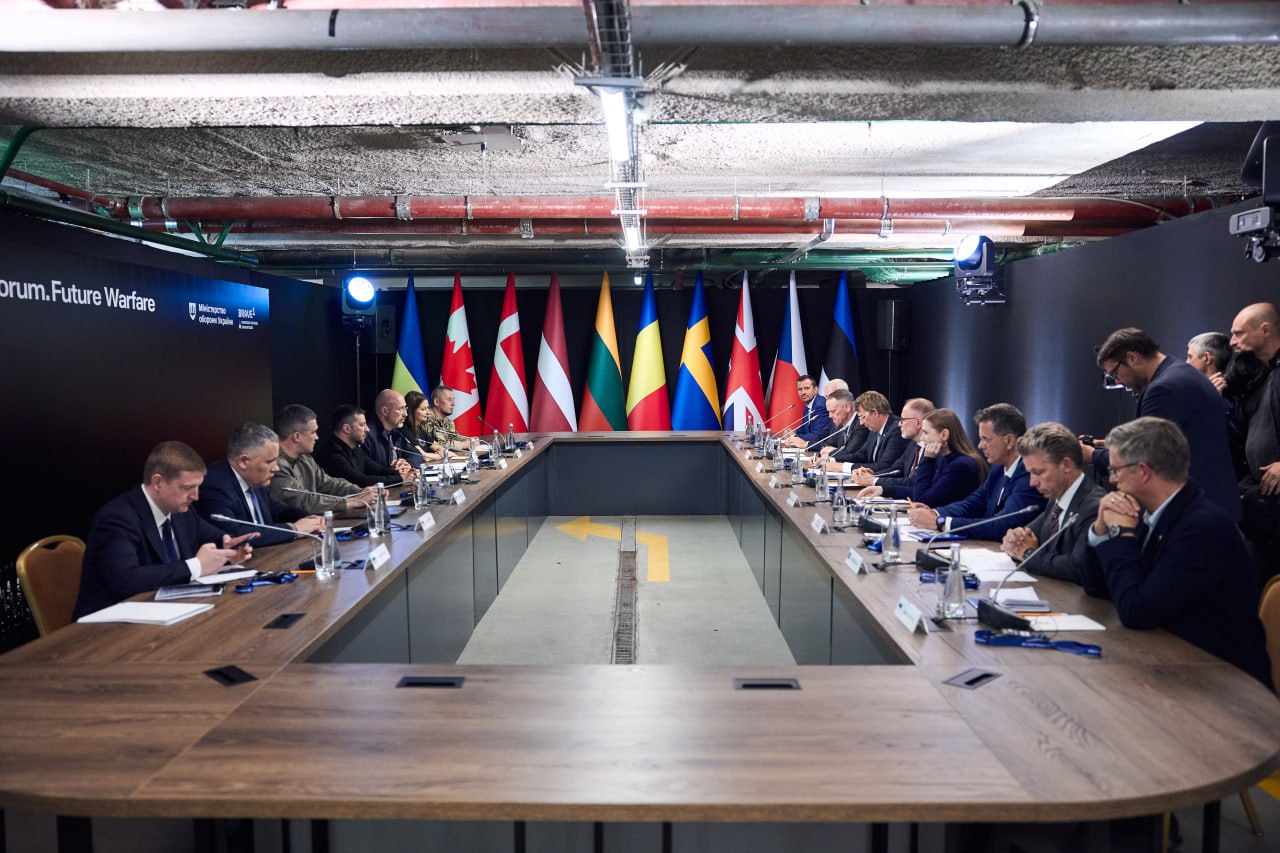While West discusses security guarantees for Ukraine, Kyiv offers NATO state training against Russian drones after first mass attack
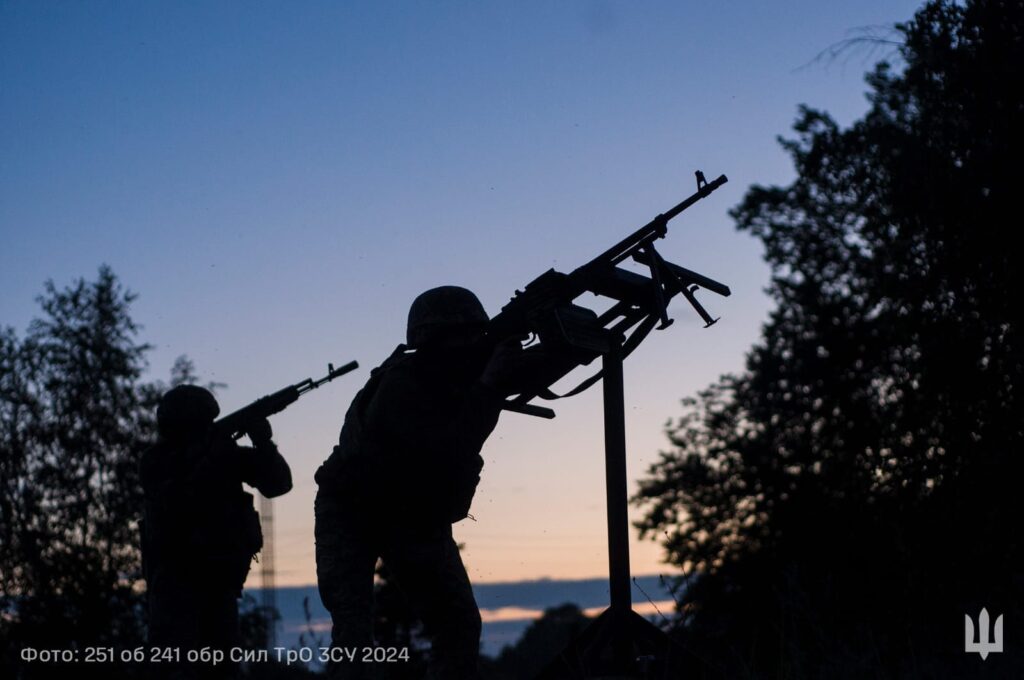
Kyiv extends a helping hand to Poland. Ukraine has offered Warsaw the necessary assistance in countering Russian drones, President Volodymyr Zelenskyy says.
This came after Moscow attacked Poland on 10 September using 19 drones. Only four of them were shot down, despite NATO scrambling its most powerful aircraft, including F-16s and F-35s.
The attack occurred just as Western leaders, including the US, continue working on security guarantees for Ukraine, aimed at protecting the country from Russian strikes, including drone attacks.
Ukraine without modern aviation — but with results
Ukraine does not possess modern fighter jets, yet during the same time frame, it managed to shoot down 380 out of 415 drones launched by Russia.
The question remains: how to force Russia to end the war against Ukraine and stop attacking NATO countries?
“No one can guarantee that there won’t be hundreds of drones if there are already dozens. Only joint European forces can provide real protection. We are ready to help with technology, crew training, and the necessary intelligence,” Zelenskyy stressed.
Dangerous “Zapad-2025” drills
According to Zelenskyy, joint Russian-Belarusian exercises “Zapad-2025” have begun on Belarusian territory, and the attack on Poland may be part of this training scenario.
The program of the drills reportedly includes a rehearsal of an attack on Poland and even the simulation of a nuclear strike.
Despite the attack on a NATO member state, US President Donald Trump did not announce any new sanctions against Moscow or present a clear plan to counter Russia.
“Unfortunately, as of now, Russia has not received a tough response from global leaders to what it is doing,” Zelenskyy said.
According to him, with this attack, Russia is testing the limits of what is possible and probing the West’s reaction.
“They are recording how NATO armed forces act, what they can do and what they cannot do yet,” the Ukrainian president added.

